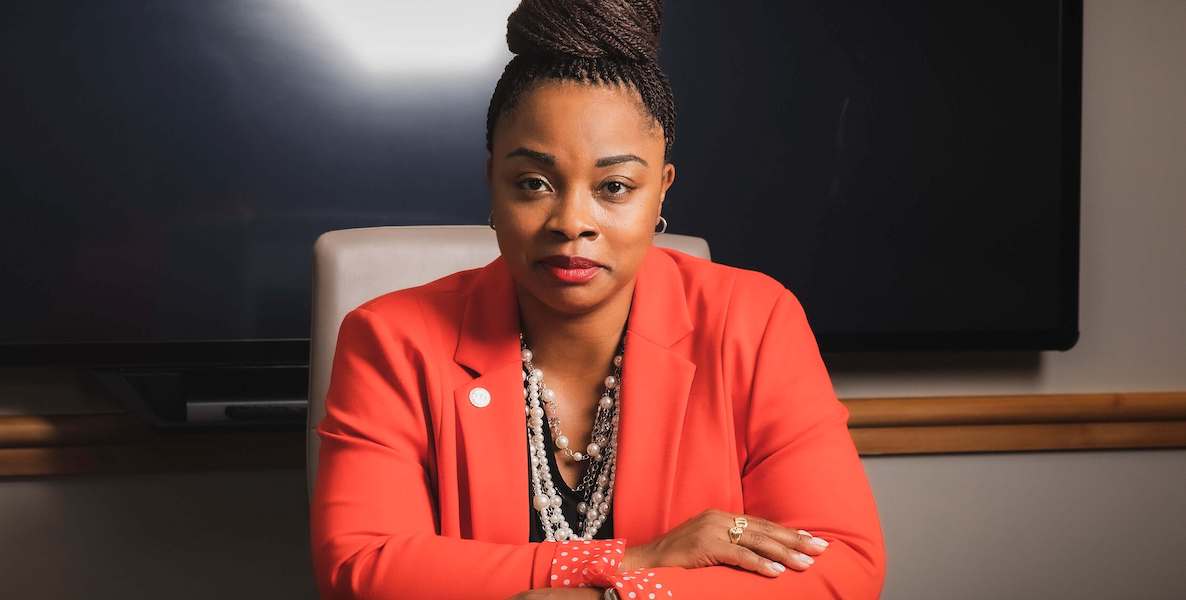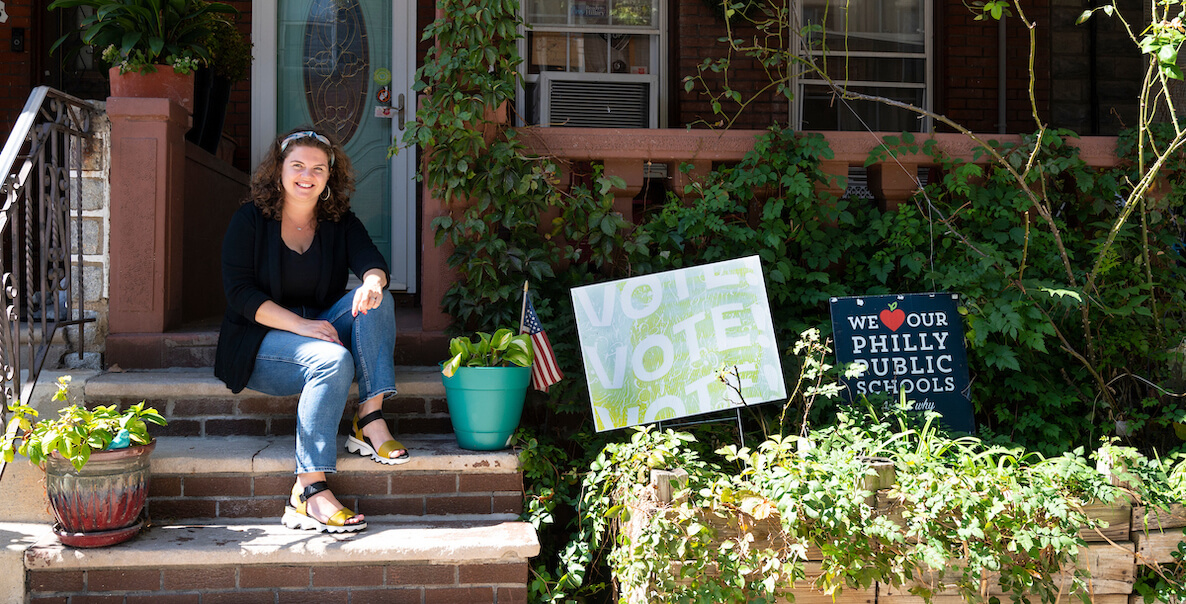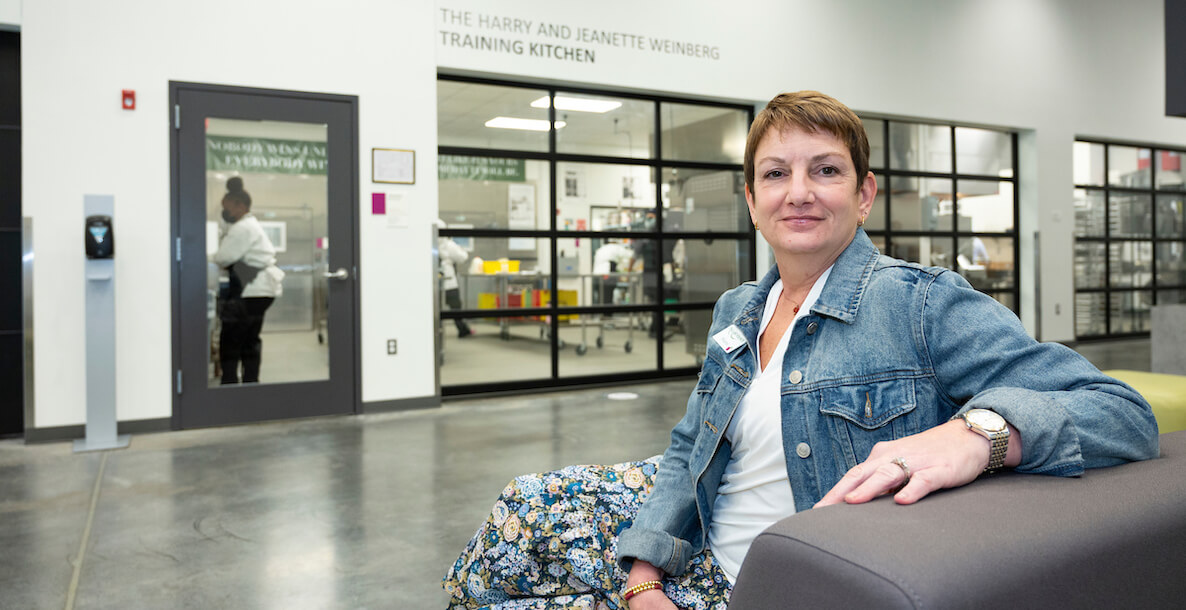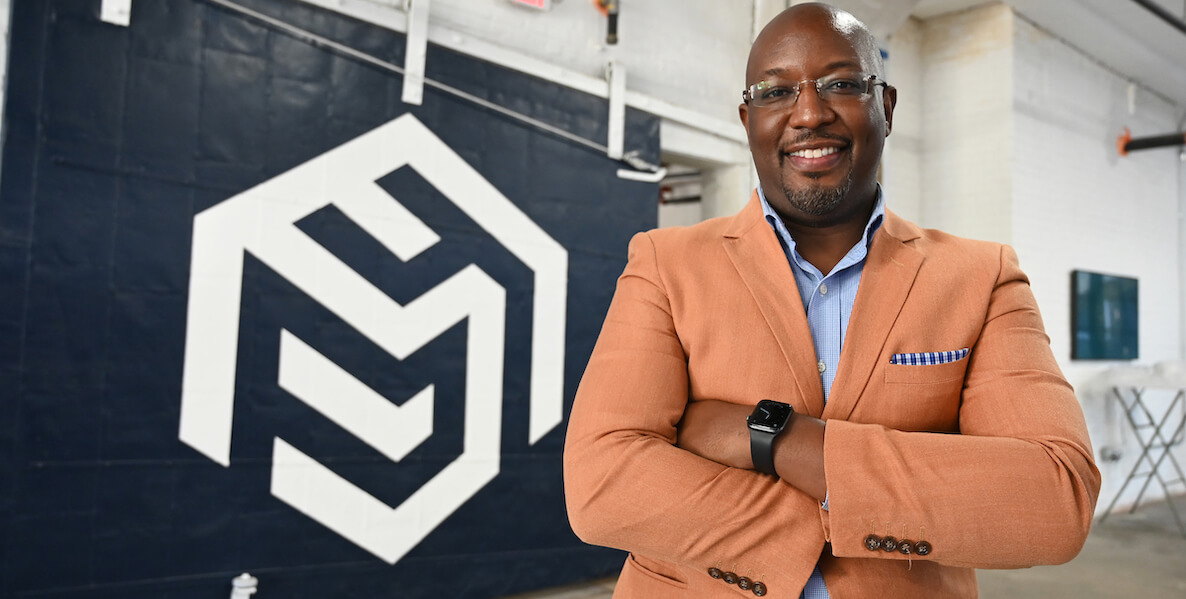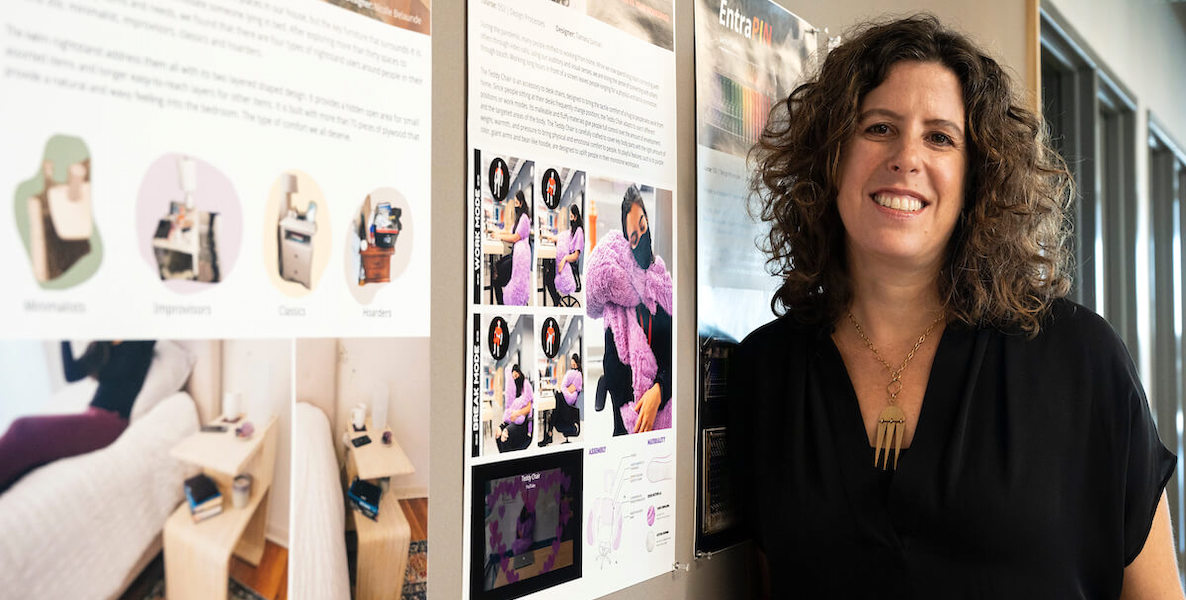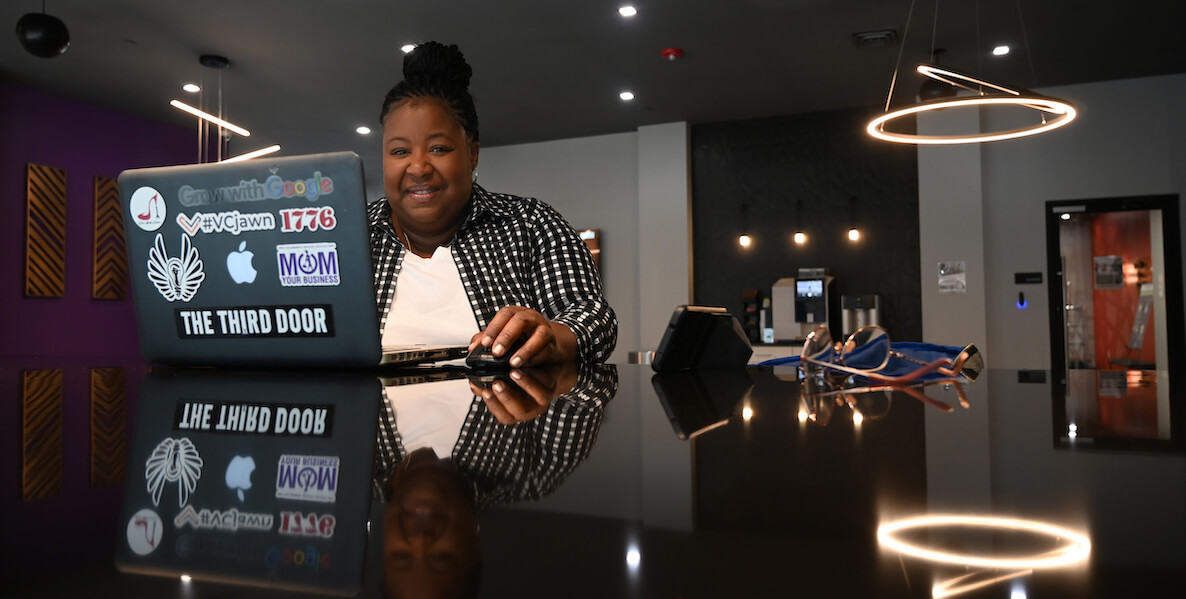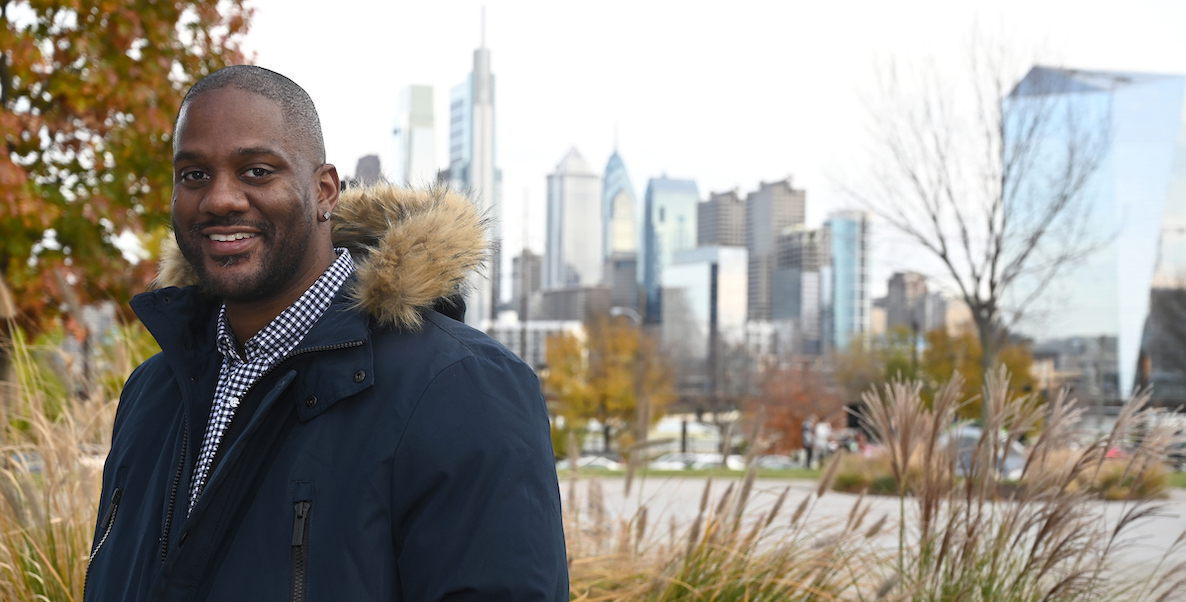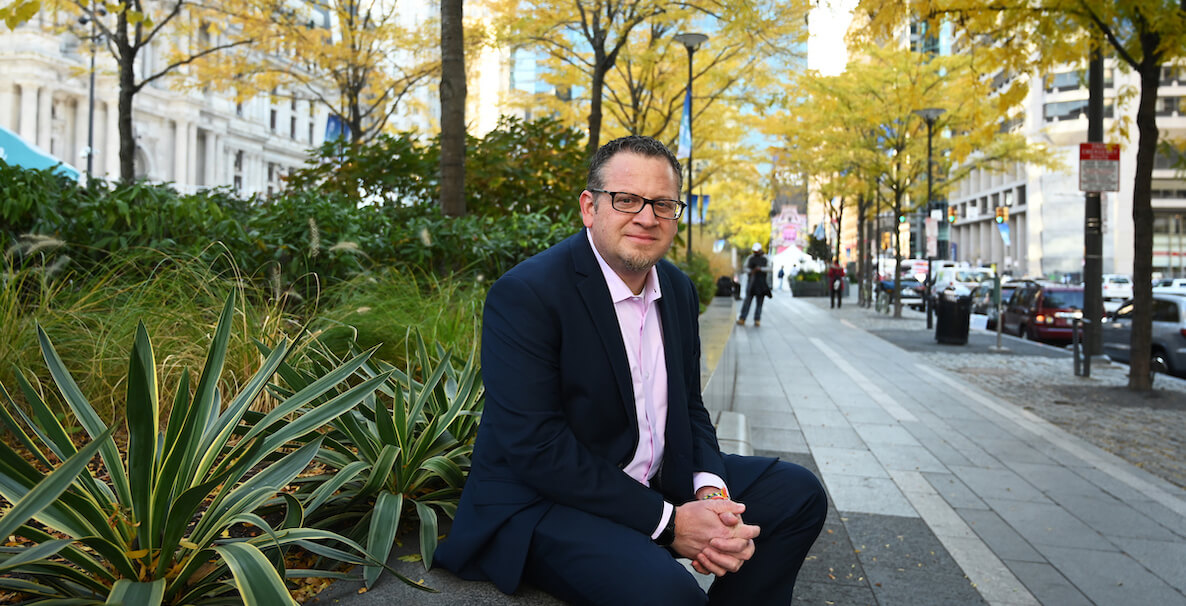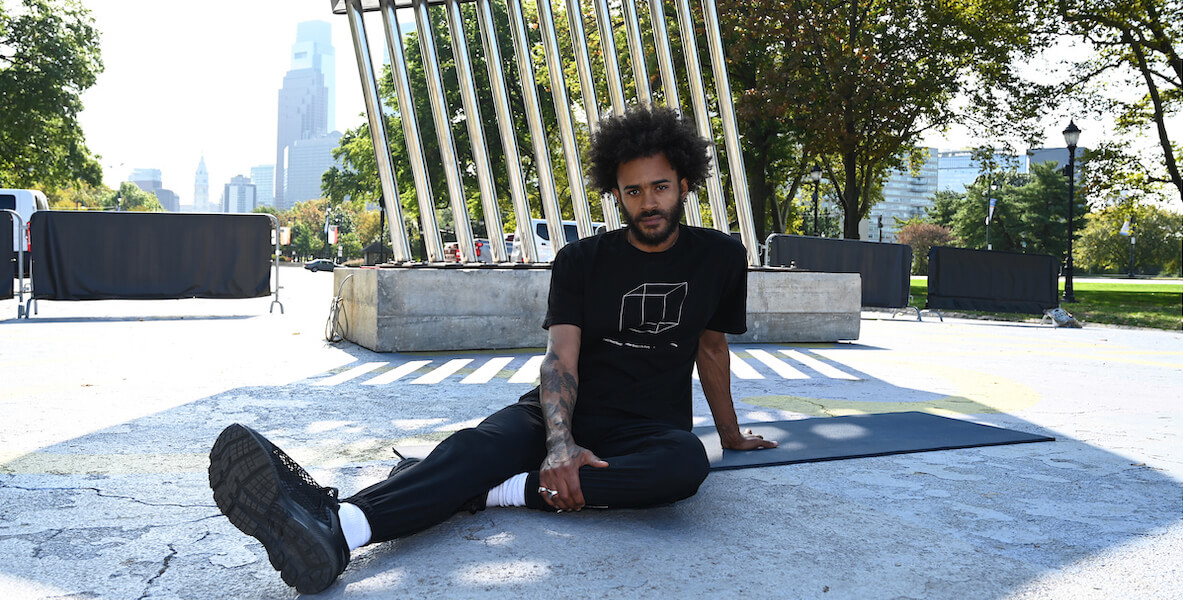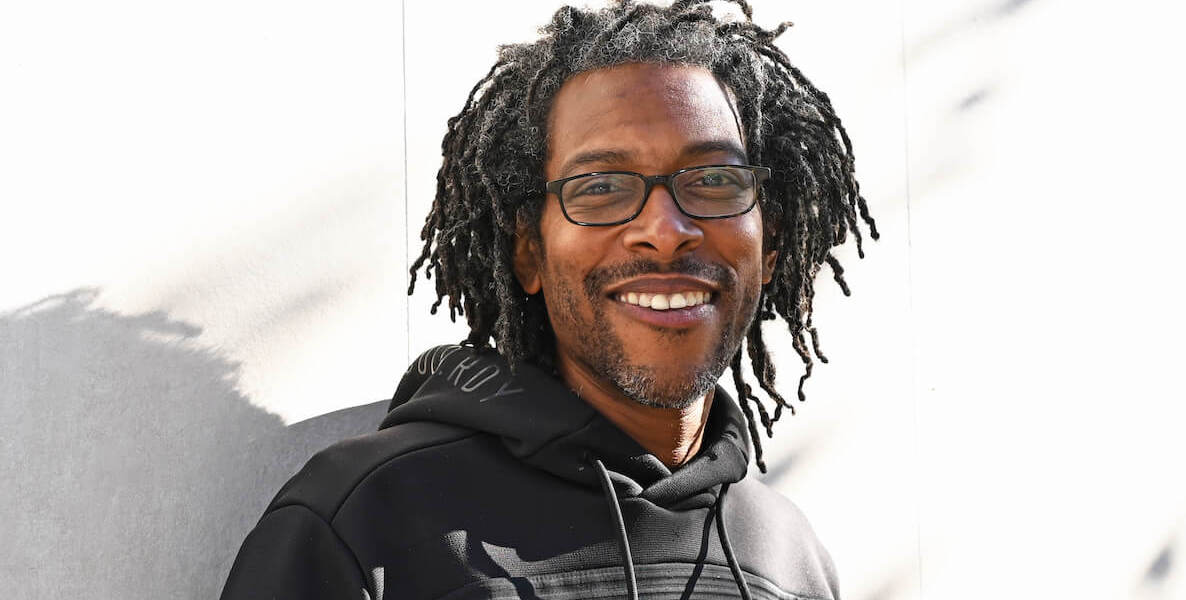About six years ago, when Wil Reynolds got his first multi-million dollar offer to buy his internet search company, Seer Interactive, he faced a question that most anyone else would take on with glee: What would he do with $10 million?
People he told about the offer assured him it was “life-changing money.” So Reynolds thought about how his life could change: He could buy a bigger home, a second or a third, perhaps in Rio, a city he adores, perhaps some investment property. He and his family could fly on private planes around the world. He could walk away with a wad of cash, leaving behind responsibility for most of the now 200-plus employees who helped turn Seer into a massive success to some other owner.
Or…he could do none of that.
“It was very simple,” Reynolds says. “The things that I would start to do with that money I found grotesque and overly indulgent and not aligned with my values. I’m not going to level my lifestyle up. I’m good where I’m at.”
“The things that I would start to do with that money I found grotesque and overly indulgent and not aligned with my values,” Reynolds says. “I’m not going to level my lifestyle up. I’m good where I’m at.”
So Reynolds, who started Seer in his living room 19 years ago, turned down that $10 million offer. And then, last year, he turned down another offer—for a mind-blowing, “life-changing”, not-even-kidding, $50 million.
Seer has already made Reynolds and his family comfortably wealthy. And the reality is, he doesn’t want to spend his days doing anything else than the work that has made him so successful. Thinking about how he would spend his largesse led Reynolds instead to realize something that has become a bit of a mantra to him: He has enough.
So instead of selling out, he’s doubling down, spreading his company’s wealth to his employees through new minimum salaries and profit-sharing; spending money to encourage volunteerism and charity among his workers and clients; and launching a determined effort to use Seer’s success to invest in the neediest in our community to the tune of $15 to $20 million over the next decade. All this is why Reynolds is part of our Generation Change Philly, The Citizen’s new series in partnership with Keepers of the Commons about local visionaries, disruptors and change-makers.
“I run every morning, and see a lot of pain in this city,” says Reynolds. “I live in Northern Liberties so I go through Fishtown, Port Richmond, Kensington, see people sleeping in their cars, fucked up on heroin, struggling. I can’t run by all that, and then not be more aggressive in how we’re going to be part of the solution to that problem. I just can’t live that life.”
SEO is—and can be—altruistic
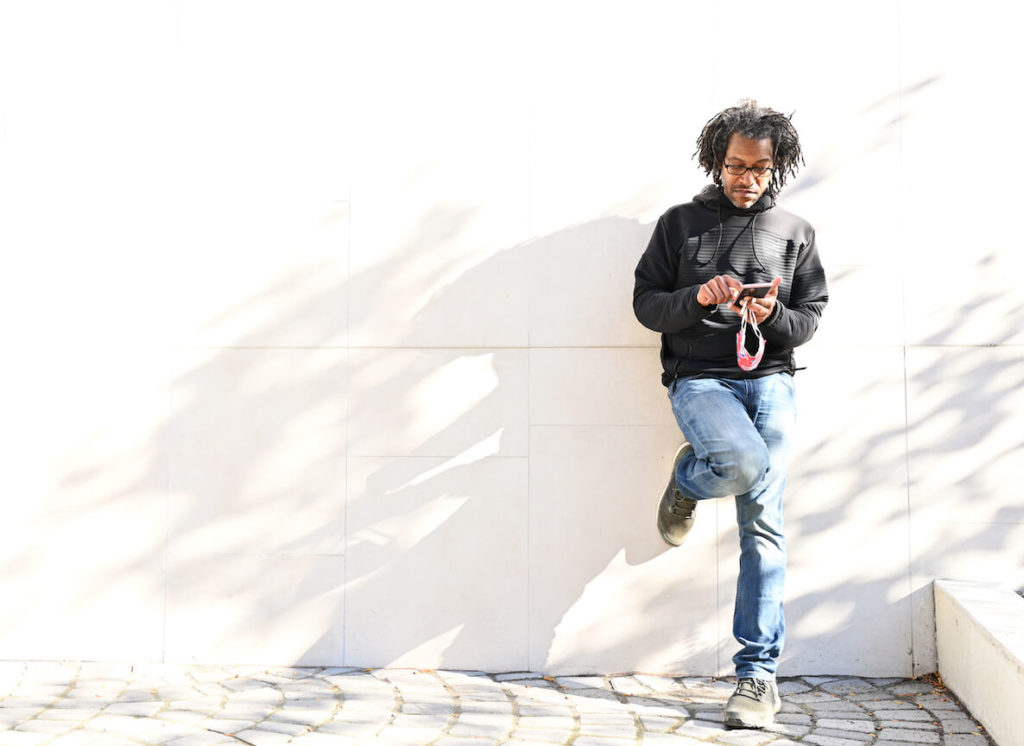
One thing to make clear about Wil Reynolds from the get-go: He loves search engine optimization, what we refer to—when the rest of us refer to it at all—as SEO. That’s the term for the behind-the-scenes tech magic that determines where companies pop up on a page when you search for something in Google. Simply put: The higher a result shows up on the page, the better. Which is why, unsurprisingly perhaps, companies hire experts to figure out how to get them on top.
This is where Seer comes in. It markets itself as a “data-informed digital marketing agency,” which helps clients ranging from small mom-and-pop shops to Fortune 500s reach more and more targeted possible customers when they are doing an internet search. The firm’s growth speaks to its success: As noted in Fortune’s 2020 list of 100 fastest growing inner city companies, Seer’s revenue grew by 127 percent over four years, to $27 million in 2019, while the number of employees in its two offices—in Northern Liberties and San Diego—nearly doubled.
Reynolds’s passion for SEO is in part because of the nature of SEO. For one thing, it is deeply measurable, which resonates with Reynolds’ competitive nature. “The beauty of search is you get numbers everyday on how you’re doing,” he says. “I love that level of accountability.”
That accountability means Reynolds’ work speaks for itself, so even as a Black man starting out in his own tech business 20 years ago, he says he faced little bias from potential clients. “Once I got a chance one time, there’s a scorecard after that,” he says. “Hiring people who don’t look like you becomes less important when I show you the portfolio of things I’ve been able to accomplish. You want to see what I’ve done? Google this, that’s my client, my client, my client, boom.”
Also, Reynolds says, SEO is “altruistic,” like being a concierge of the Internet. (A concierge, by the way, is what Reynolds says he’d be if not an SEO entrepreneur.) “I think it’s really cool that I get to work at a job where I get to help people find the thing they’re looking for,” he says. “I love connecting people to solutions that can solve their problems.”
Still, Reynolds did not emerge into the world intending to be a search engine entrepreneur. A South Jersey native, he grew up with parents who were a “perfect DNA combo,” as he describes movingly in a Hope Strategy podcast episode earlier this year: His dad was a “hustler” who grew up on welfare; he never knew his own father, and had three brothers, two of whom died of overdoses, while his mother died of cirrhosis. “Humility for me is having a parent who grew up on welfare,” Reynolds says. “I realize you have to judge people on how far they’ve come, not where they are.”
Reynolds’ mom, meanwhile is “super refined;” pushing him to exhibit, for example, proper table manners so that, especially being Black, people wouldn’t be able to judge him for poor behavior. She is still his “biggest box to check.” “I want to make my mom proud,” he says. “Is she any more proud of me with a company worth 100 million or 300 million? No.”
“I think we show people what’s possible. If I tell people to do business another way, and I sell my own business, they’re like, Yeah sure Wil, you don’t do that, I can’t do that,” Reynolds says. “Everyday that I’m an operator doing these things I show people that that’s bullshit, and that it’s possible to do this and build these values within these organizations.”
As with so many successful entrepreneurs, Reynolds as a child already exhibited many of the same savvy values that he brings to Seer. When he was delivering newspapers in middle school, he always knew his customers and was careful to be sure they got their papers in the easiest way possible; that led to great tips. As a high schooler obsessed with computers, he got a job at Staples; when management wouldn’t let him sell them, he printed up business cards and handed them out to customers who might need help setting up their machines at home. In college, he worked in an Amazon warehouse, which gave him a window into the world of mass labor the Internet has fostered. Reynolds taught school for a few years, until his passion for computers led him into the tech world, where he fell into internet marketing.
Reynolds says he never wanted to run his own business; he felt like he had no choice. In the early aughts, while working at AON Reynolds asked his boss if he could work through lunch one day a week so he could leave early for his shift as a volunteer at Children’s Hospital of Philadelphia, a role that was increasingly important to him. She told him that wasn’t possible. Already, Reynolds had the sense the company wasn’t attuned to his values, and he’d been looking for a new job for several months. (“The number of companies that have tried to buy me that didn’t hire me is insane,” he laughs.) This was the last straw.
RELATED: Tribaja connects forward-thinking companies with diverse tech talent
With Seer, Reynolds tried to build a workplace that is the opposite of what he experienced in those early years in tech. At first, he kept his team super small, so he could remain deeply connected to each person who worked for him. About 10 years ago, though, he realized the limited size was also limiting his employees: It meant turning away jobs that could help them learn, grow, stay engaged and challenge him to be better. Now Seer has about 215 employees—with 25 openings—about half of whom are in San Diego because Reynolds wasn’t able to find enough qualified workers here during the company’s biggest hiring push.
During the pandemic, of course, both the company’s offices emptied out, and the bicoastal team became even more scattered. Now, Seer is becoming a “remote-first” company, with 85 percent of all business conducted remotely. In part, this is a reaction to the reality of Seer: With two offices, the company already has colleagues who collaborate on projects from different cities, so it’s not a huge shift; and a work-from-anywhere policy lets Reynolds hire the best people for job openings, no matter where they live.
But it’s also part of a Seer employee-centric culture that Reynolds hopes to instill more deeply into his business. As part of the new remote-first policy, for example, no one is allowed to be in the same room for an in-person meeting, if someone else is joining remotely because if everyone is connecting via Zoom, then no one is the odd man out. “I’m willing to accept that I will potentially not be as collaborative to prevent second class status for people who are remote,” Reynolds says. “I want everyone to be empathetic to the distance.”
Seer is also doubling down on the volunteering and charity culture that are key to the company’s origins, starting with Reynolds and his closest associates. Two of the company’s long-standing executives are people Reynolds met through work he has done at Covenant House, a shelter for older youth who are homeless. “I was out in the world doing some good and they fell in front of me,” he says. “When you’re doing good work, people want to connect other good people to each other. That’s what people often overlook.”
Every new Seer client gets a $500 donation in their name to a charity of their choice because, Reynolds says, “we want to ground our clients in the idea that this shit matters, too.” Instead of holiday bonuses, the company gives out about $50,000 in donations to employee’ causes, and another $30,000 to charities in the name of clients. Every month, the company gives out $1,000 to charities of employees who have spent time volunteering; Reynolds is working out how to ramp that up next year by pushing employees to spend more of their time giving back by, for example, tying regular company donations to the number of hours spent volunteering.
“We don’t want team members just doling out money,” Reynolds says. “We want them getting back to our roots around volunteerism and giving time to communities who need companies like ours to step the fuck up.”
Seer is also planning to hire the company’s first director of community impact, whose job it will be to help focus Seer’s charitable efforts on a few particular areas of need in Philadelphia and San Diego. Right now, he’s thinking basic needs, like Covenant House; veterans, returning citizens and immigrants. All this will lead to Seer having a $15 to 20 million impact on the communities over the next 10 years, including about half in Philadelphia.
“We’ve got a sizable thing here at Seer,” Reynolds says. “It makes real money. I need to put a flag in the ground and say what Seer’s commitment is going to be to our community in the next 10 years.”
Sharing the wealth
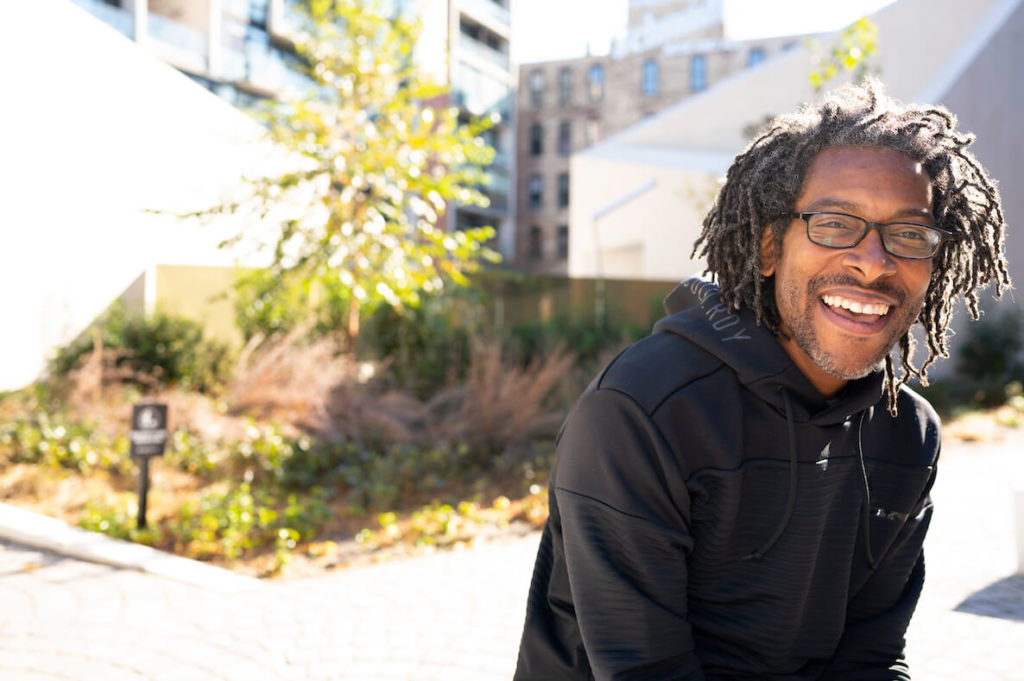
As sole owner of Seer, Reynolds has the right to accept or refuse any offers to sell the company, which these days number about two to three a week from various entities. But he wouldn’t be the only one to benefit if and when he decides to sell. Right now about 40 percent of Seer is owned by employees, chosen by Reynolds, who have “phantom equity” shares in the company; Reynolds says he has up to 25 percent more to give out as the company grows. That means those shareholders would get a cut of any money that comes from selling the business.
It also means they lost out when Reynolds refused to sell. In other words: “If I never sell, you never get shit,” Reynolds notes.
“That was an interesting conversation, as you can imagine,” says Larry Waddell, Seer’s executive vice president, digital, who has been with the company for over nine years. But, Waddell says, it was also the right decision, not only for Reynolds, but for Seer. The company, which Waddell says has seen 50 percent growth year over year, doesn’t need the money to grow, like some startups. And its unique culture wouldn’t benefit from financial overlords meddling in how they conduct their business—including, Waddell says, reworking contracts if they no longer benefit clients.
“In business, you don’t have to be right all the time, but you have to be right more than you’re wrong. Dude’s right more than he’s wrong,” Waddell says. “He’s living his life in a way that is right for him and his family. From my vantage point, where we’re going will create more value. We don’t need outside capital to do it.”
For the rest of the “phantom” shareholders, sticking with Reynolds means deliberately deciding to go along with his vision for Seer; the big payday may yet come, but how it will end, as Waddell says, is not clear. What is clear to him is that losing the power afforded him as CEO of Seer would also mean losing something fundamental for Reynolds: The ability to change the world.
“In business, you don’t have to be right all the time, but you have to be right more than you’re wrong. Dude’s right more than he’s wrong,” Waddell says. “He’s living his life in a way that is right for him and his family. From my vantage point, where we’re going will create more value. We don’t need outside capital to do it.”
In the meantime, Seer is sharing the wealth with its employees through a bonus program launched this year that distributes the company’s profits to every employee every six months. (Waddell notes that, had they sold to an outside firm, much of this money would funnel upwards instead.) The first batch of bonuses, to the tune of $1.4 million, went out over the summer, with the highest amounts going to phantom shareholders, according to their number of shares; Reynolds expects February’s distribution will be around $1.6 million.
And in November, Reynolds announced that Seer was going to institute a minimum salary of $65,000 for every employee—even the company’s cleaning lady, who is a Seer employee, with all its generous benefits. As he wrote in a LinkedIn post about the change:
Yes My financials are going to look like crap for a few years, still worth it
Yes Some people might be pissed, still worth it.
Yes Now we have 30 new questions to resolve, still worth it.
Yes I have crushed my valuation for the next few years, still worth it.
Reynolds says he was inspired by Dan Price, the millionaire owner of Gravity Payments in Seattle who famously cut his salary by about 90 percent to ensure everyone who worked for him got a minimum of $70,000 a year. (“He’s a little altruistic even for me,” Reynolds says, “but at the end of the day, dude put his money where his fucking mouth is.”)
This follows last year’s pandemic benefits Seer extended to employees early on, when government assistance was lagging. Reynolds opened a $150,000 fund and distributed $1,500 stipends to 100 employee family members who lost their jobs, to help them stay afloat. Seer also turned one floor of the office into “Camp Seer” a playspace, with games, movies, snacks and a ball pit so families had somewhere to go during the doldrums of winter pandemic.
Reynolds is the first to admit that all of this is hard, and sometimes it is still not enough to satisfy employees; these bonuses and salary minimums are still new, and Reynolds says they are still evaluating the best way to spend the profits he’s decided to share with the staff. But the ethos stands: This is how business owners can run their business, with an eye to sharing the wealth, knowing when enough is enough for themselves and their families.
Reynolds, who has been on the board of Philly Startup Leaders, is known for not talking much to other entrepreneurs about his great success; that story, of creating a coveted tech startup, taking a payout and going off happily into the sunset, is paved with too much grandiosity and, frankly, falsehoods for him to perpetuate.
But he has begun to blog, and write LinkedIn posts and talk about—and, most importantly, show by example—what it means to say no to that big payout and yes to changing the normal way of doing business. This, he says, is the way he plans to influence Philadelphia, to make a case for a business model that serves all it encounters.
“I think we show people what’s possible. If I tell people to do business another way, and I sell my own business, they’re like, Yeah sure Wil, you don’t do that, I can’t do that,” Reynolds says. “Everyday that I’m an operator doing these things I show people that that’s bullshit, and that it’s possible to do this and build these values within these organizations.”
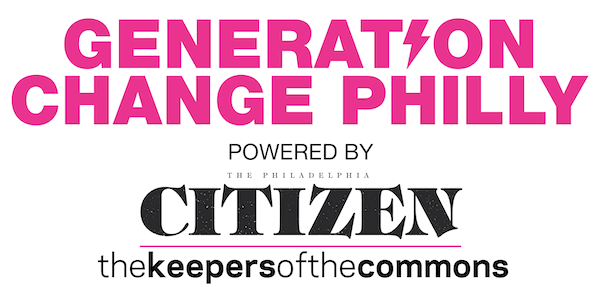
The Philadelphia Citizen is partnering with the nonprofit Keepers of the Commons on the “Generation Change Philly” series to provide educational and networking opportunities to the city’s most dynamic change-makers.
![]()
MORE STARTUPS DOING GOOD IN PHILLY



